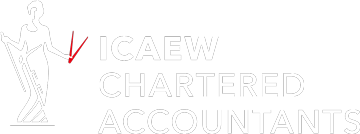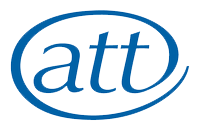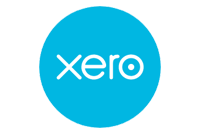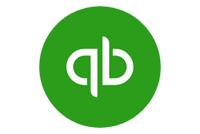Managing a hospitality business poses its own set of difficulties, as it involves juggling demanding schedules and delivering excellent service to ensure customer satisfaction. Restaurants and cafes encounter various challenges, including the intricate tasks of tracking costs, managing inventory, and handling labor expenses, all while navigating the complexities of financial management and budgeting. This underscores the significance of having proficient accountants and tax advisors who can offer high-quality services, taking charge of bookkeeping responsibilities. This allows restaurant owners to focus on other critical aspects of enhancing their business.
This blog will look into the financial challenges faced by restaurants and hospitality businesses, exploring their impact on operations.
1. High Set-up costs:
Establishing a restaurant involves a considerable upfront investment encompassing aspects like leasing, equipment procurement, licenses, permits, renovations, labor expenses, and inventory. Effectively handling these costs can be challenging, particularly considering potential accounting prolems, such as the distinct treatment of finance and operating leases. Therefore, engaging proficient tax advisors becomes imperative to accurately account for and manage these financial aspects in your records.
2. Fluctuating cost of goods price:
The variable prices of food ingredients pose a significant challenge for restaurants, as creating a single dish requires multiple components. Factors such as weather conditions, global economic trends, and disruptions in the supply chain can impact profit margins. Consequently, setting menu prices that are both competitive and profitable becomes a complex task, given the volatility in the cost of goods.
3. Hiring and retaining costs:
Labor constitutes a substantial portion of a restaurant’s expenses, and effective management of staffing levels, wages, and benefits is crucial. With the annual increase in the national minimum wage rate, restaurants must ensure that staff is remunerated adequately. Additionally, addressing overtime, typically compensated at a higher hourly rate, adds another layer of complexity to budgeting for these labor-related costs.
4. Regulatory Compliance:
Restaurants must adhere to health and safety regulations, as well as food safety and labor laws. Non-compliance can result in significant financial losses, with improper safety measures leading to potential fines and penalties. Meeting these regulatory standards becomes essential to avoiding financial burdens for the business.

5. Statutory compliance:
Dealing with intricate VAT implications related to takeaways, deliveries, and variations in the hot and cold items presents an additional challenge. Complying with tips, managing tronc payroll, and addressing other statutory requirements add to the business’s administrative burden. Proper accounting is crucial to avoiding fines and penalties associated with non-compliance.
6. Crisis Management:
Restaurants are vulnerable to unforeseen events, such as natural disasters, health crises, or economic downturns, leading to cash flow challenges. Establishing a robust disaster recovery program and adequately training staff to navigate these challenges is critical for a restaurant during crises.
7. Wastage and cost of goods:
Ensuring a restaurant maintains a sufficient inventory level is crucial to meet demand. However, this presents a challenge, as food items can spoil or become stale if stored for extended periods, resulting in wastage that can adversely affects business profitability. Implementing an advanced inventory management system is essential to monitor stock levels efficiently and minimize the risk of food items going to waste.
All of these complications require an expert accountant who can take care of your daily needs whereas you can focus on more on your business which is why Majestic Accounts are the best accountants for restaurants in London providing you with top-notch services. We have an experienced team of professionals who have several years of working closely with restaurants and hospitality businesses and are well equipped with skills necessary to manage your restaurant business. We are regulated by top accounting bodies such as ACCA (Association of Chartered Certified Accountants), ICAEW (Institute of Chartered Accountants of England & Wales) and AAT (Association of Accounting Technicians).
Our team will help you with the complexities of VAT, tronc payroll, bookkeeping, annual accounts, corporation tax returns and tax advice in relation to your restaurant business.












